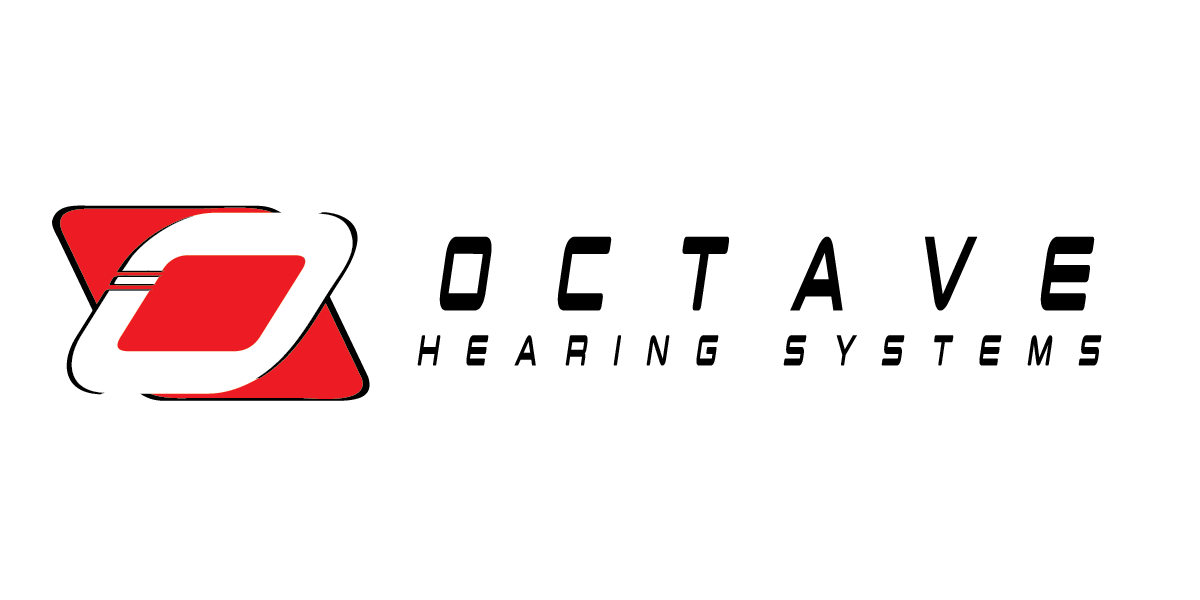It's important to understand that the timeline for getting a hearing aid in California can vary significantly based on several factors. Here's a breakdown of the process and factors that influence the timeline:
Key Steps and Factors:
Initial Hearing Evaluation:
The first step is a comprehensive hearing evaluation by an audiologist or licensed hearing aid dispenser. Scheduling this appointment can vary depending on the provider's availability.
Hearing Aid Selection and Fitting:
After the evaluation, the audiologist will recommend appropriate hearing aids based on your specific needs.
The time it takes to receive the hearing aids can vary depending on:
The specific model and manufacturer.
Whether the hearing aids need to be custom-made.
The provider's inventory.
Fitting and Adjustment:
Once the hearing aids are received, you'll need to schedule a fitting appointment.
Follow-up appointments may be necessary to fine-tune the settings and ensure optimal performance.
California Consumer Protection:
California law provides consumer protections, including a 45-day trial period. This allows you to try the hearing aids and return them if they don't meet your needs. This is important to factor into your time line, as you will want to use that trial period.
General Timeline Considerations:
The entire process, from initial evaluation to final fitting, can take anywhere from a few weeks to a couple of months.
Custom-made hearing aids will typically take longer than those that are in stock.
Scheduling appointments with audiologists and hearing aid dispensers can also affect the timeline.
Important Considerations:
When purchasing hearing aids, it's crucial to work with a licensed professional.
Be sure to understand the warranty and return policies before making a purchase.
California has consumer protection laws in place for hearing aid purchases.
To get a more precise estimate, it's best to:
Contact local audiologists or hearing aid dispensers in your area.
Inquire about their availability and the typical turnaround time for hearing aid fittings.
